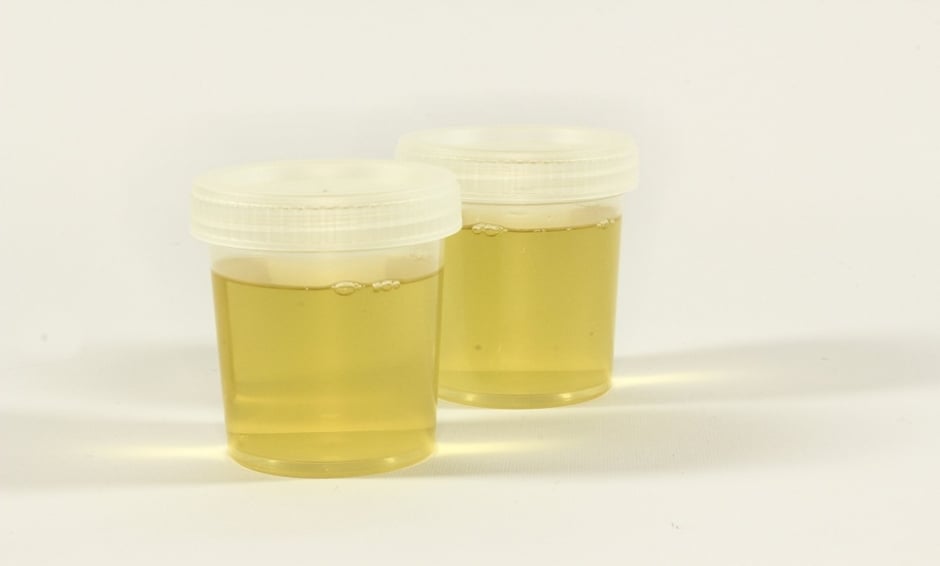PORTABLE roadside or clinic-based diagnostic tests for cocaine and benzoylecgonine might now be possible thanks to a new device developed by researchers in the UK.
The device is a mass spectrometer that uses chromatography to separate cocaine from other compounds in urine and saliva. A team of scientists, led by Mahado Ismail, Department of Chemistry, University of Surrey, Guildford, UK, found that the test offers a sensitivity level for cocaine detection in urine below current UK cut-off guidelines. They also note that the limit of quantitation for cocaine and benzoylecgonine (a major metabolite of the drug) in saliva was slightly above the cut-offs in these guidelines.
The test works by flushing a solvent across the surface of the drug sample to extract analytes. The resulting solution is passed through a chromatography column before being analysed using a portable mass spectrometer. The process takes 7 minutes to complete and the equipment needed for the test is considered low-cost at approximately £45,000.
Ismail explained: “Surface mass spectrometry is used in a wide range of disciplines to obtain chemical information from the surface of a sample. However, until now it has not been possible to translate this method to low-cost, portable testing.” In their paper describing the set-up of the test, the authors note the limitation of a necessary additional heavy 30 kg roughing pump. However, they note that the test has been used previously from inside a vehicle. “Therefore, road-side testing either with the mass spectrometer used here or a lighter alternative, is a real possibility for the future,” they write. It was also felt that future iterations of the test could be used by general practitioners in their practices or in a hospital setting for urine analysis which has a wide range of clinical applications.
Jack Redden, Reporter








